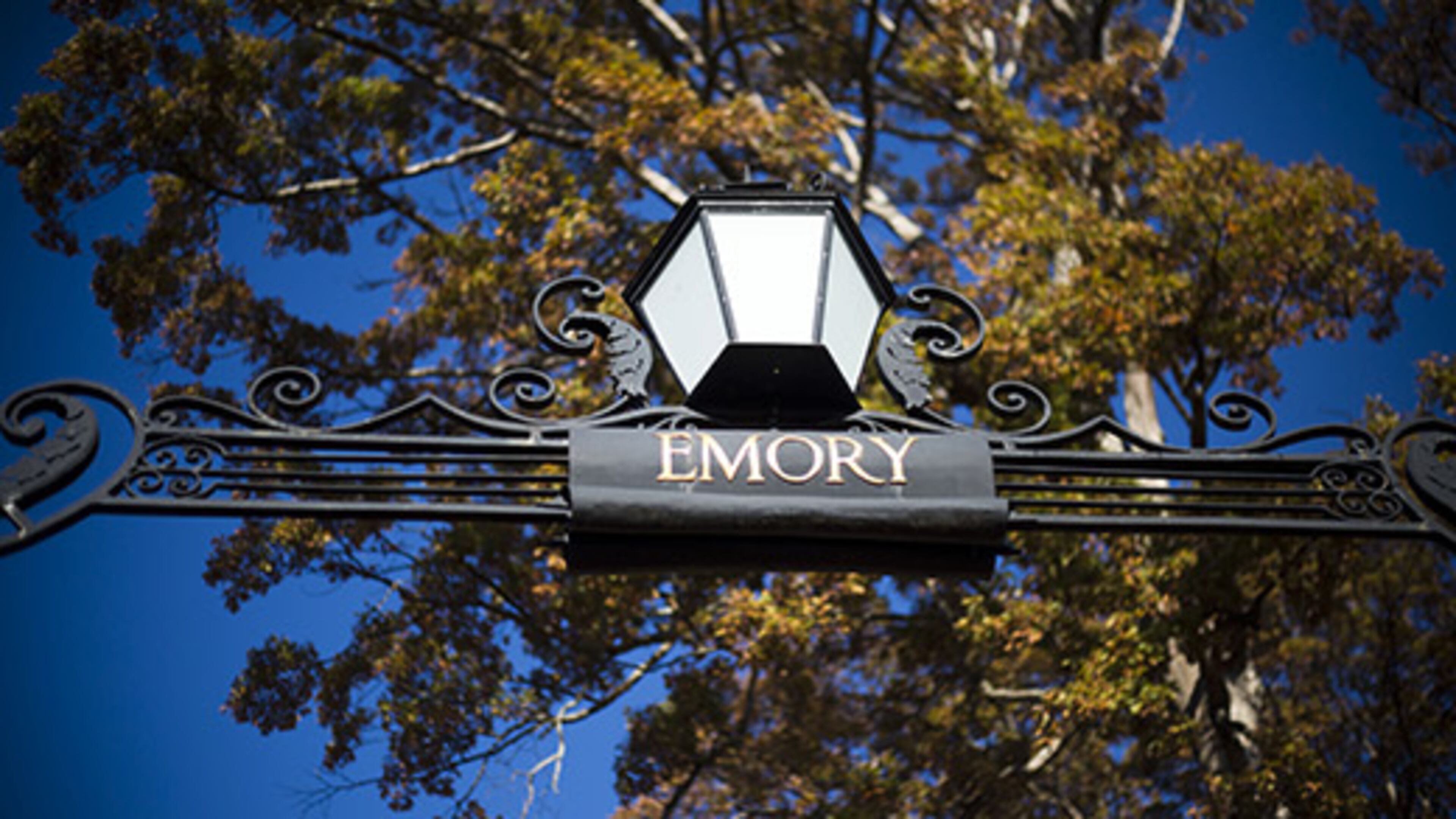Emory apologizes for campuses displacing Native Americans

Emory University, in a move aimed at healing centuries-old wounds, has apologized for its role in displacing Native Americans.
On Monday, the Emory board of trustees approved an official “Land Acknowledgment for Emory University” that “acknowledges the Muscogee (Creek) people who lived, worked, produced knowledge on, and nurtured the land where Emory’s Oxford and Atlanta campuses are now located.”
In a statement issued by President Gregory L. Fenves, the acknowledgment “sheds light on a tragic chapter in the Emory story.”
“It also reminds us of the important work that lies ahead to create a university community that is more inclusive of Native and Indigenous perspectives, learning, and scholarship,” Fenves said.
Emory’s announcement came 10 years after the board of trustees adopted a formal statement of regret over the school’s historic involvement with African-American slavery.
It also came ahead of the university’s “In the Wake of Slavery and Dispossession” symposium starting Wednesday. The three-day event will explore the school’s history with slavery and Native American land dispossession and examine through panels, performances and art installations how that history affects the present.

“We’ve seen a ton of activism on the Atlanta and Oxford campuses over the past few years,” said Megan Pendleton, director of diversity and inclusion at Oxford College. “Students are engaged, energized and excited about interrogating this place and the systems and structures that have existed to subjugate others — and the ones that are still in place.”
The symposium, which is free, will open Wednesday night with a panel on Black Student Activism and the Black Student Experience from the first students admitted in 1964 through 2015 when Black students issued the administration a list of demands.
“This is a moment in which scholars, activists and artists of color have compelled a national conversation surrounding enduring legacies of anti-Black racism and, increasingly, colonialism, including overlaps between Indigenous dispossession and the enslavement of Black people in this country,” said Alix L. Olson, an assistant professor of women’s and gender studies at Oxford College.
Fenves said the school will continue to recognize Indigenous Peoples’ Day and take steps to establish a stronger connection with the Muscogee Nation.
Malinda Maynor Lowery, an American history professor, and Gregory McGonigle, university chaplain, will chair a working group to honor and highlight Muscogee language and culture.

“Land acknowledgments are not effective if they aren’t followed by meaningful action,” said Lowery, a member of the Lumbee Tribe of North Carolina. “Everywhere you step, on Emory’s campus or in Atlanta, you are on Muscogee Creek land. This is a chance to immerse our community in what that means.”
University of Georgia professor Claudio Saunt, a scholar on the dispossession of indigenous land, said acknowledgment statements are important.
“Georgia played a prominent role in dispossession. These universities are all built on land that belonged to Indian nations,” said Saunt, the author of “Unworthy Republic: The Dispossession of Native Americans and the Road to Indian Territory.” “The way they came into possession of it included violence, theft and bribery. It’s an ugly history and it’s a history we often ignore.”
Saunt is on the steering committee of a group that is working to produce a similar acknowledgment statement that would be approved by UGA. Saunt and others would like to see UGA enroll more indigenous students and faculty and expand Native American studies.
Emory has had a complicated history with race. There is no record that the school ever owned slaves, but many of the founding faculty, donors and trustees did.
The university has also admitted to renting enslaved people to work on campus.
More Stories
The Latest



